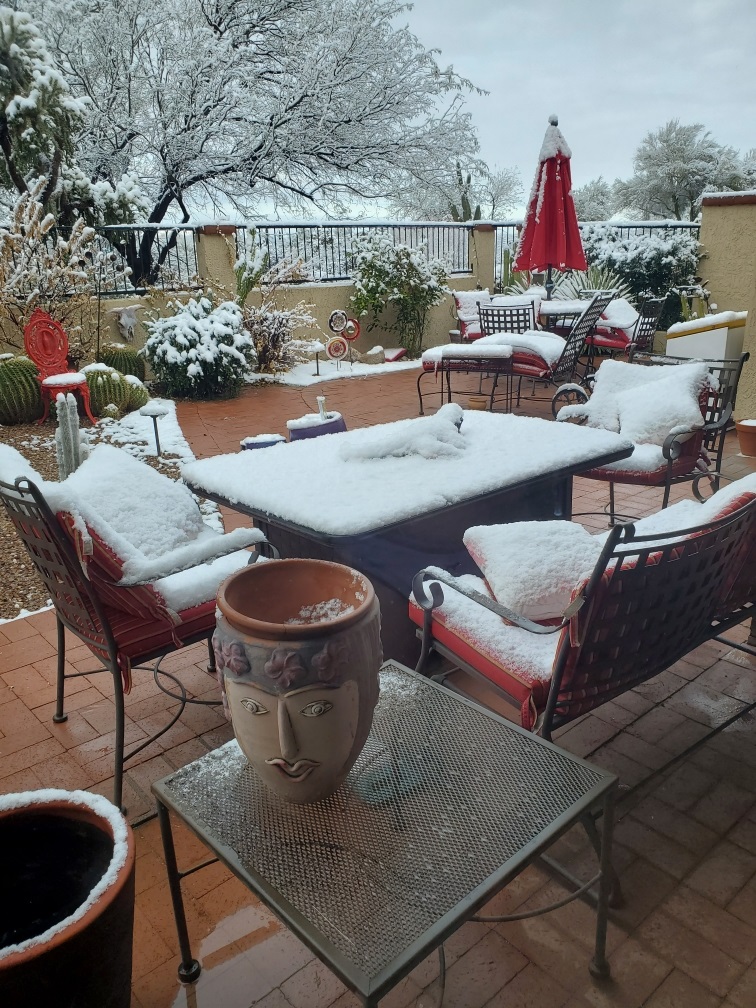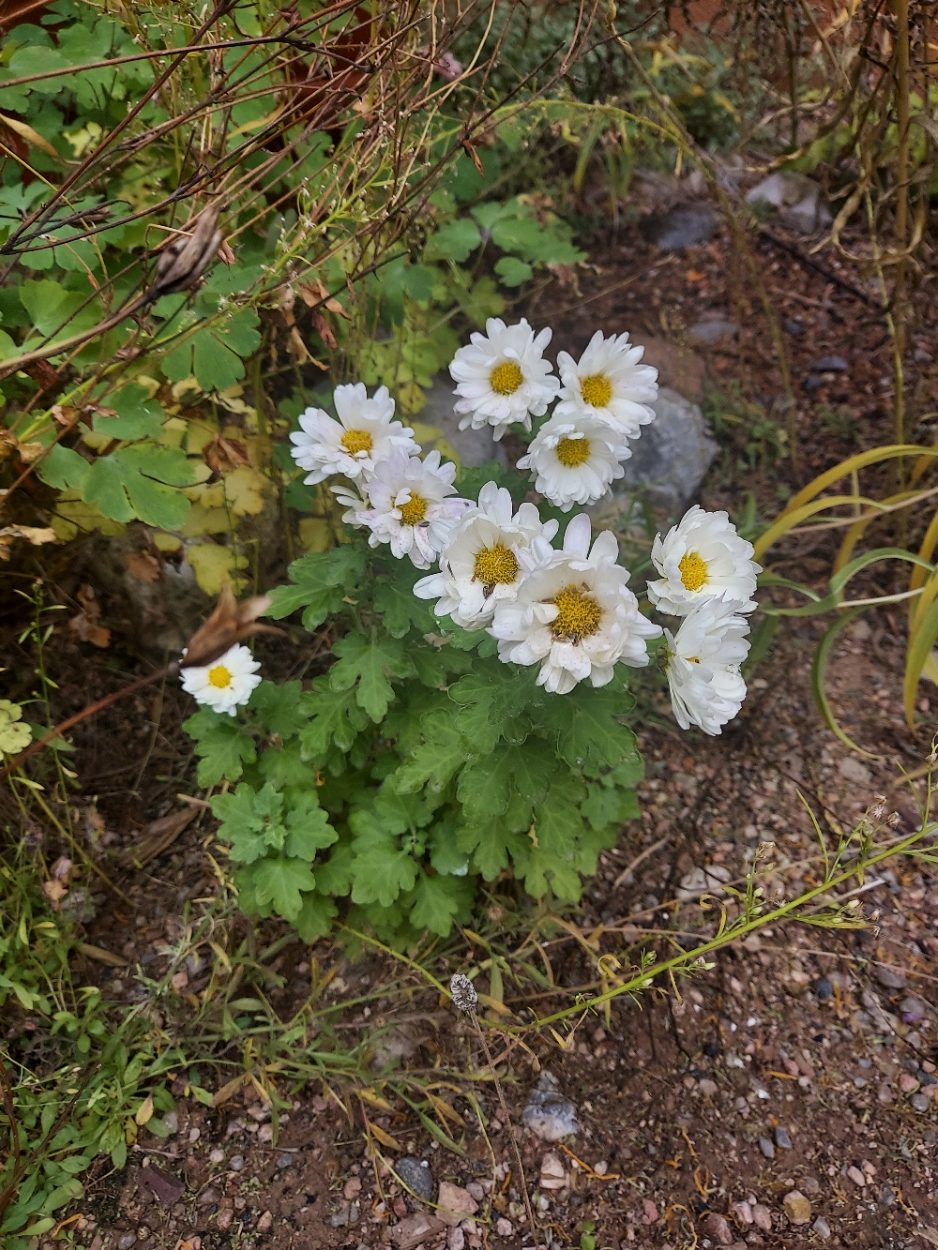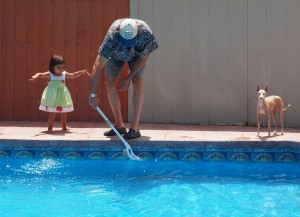How being a career creative means always continuing to learn and refine your craft, showing vs telling, how worldbuilding without info-dumping is an ongoing challenge, and why perfection is an unattainable goal.

RITA ® Award-Winning Author of Fantasy Romance

How being a career creative means always continuing to learn and refine your craft, showing vs telling, how worldbuilding without info-dumping is an ongoing challenge, and why perfection is an unattainable goal.


One thing that works better for me than newsletters do, thoughts on finishing and knowing when a story is done (though maybe not perfect), and thoughts on manifesting success and what we can control.

 Aerro invented this game where she threw the ball in the pool and had David fish it out for her with the lacrosse stick. Best game ever!
Aerro invented this game where she threw the ball in the pool and had David fish it out for her with the lacrosse stick. Best game ever!
There have been some interesting conversations this week about continuing to revise books after they’re published. Now, knowing when a book is done is always a challenge for an author. You can literally work on the same book your entire life and never be “done” with it. At a certain point, you just have to let go and make the conscious decision that you’re not going to screw with it any longer.
And, with print publishing, it used to be that there was a definite end point to this process. Once the story hit paper, you simply *could not* revise any longer. Over and done with. Move on.
Well yesterday, Sunita who is a reader and reviewer at Dear Author, posted to her blog about a self-published author who is responding to reader reviews and revising her ebook accordingly. She makes an excellent case for why this is a problem for readers on a number of levels.
I think it’s also a problem for writers to consider.
I’m pretty sure I’ve told this story before, but I’m telling it again. Back when I was in a writer’s group, there were 12 of us and we met once a week. Each meeting we focused on one person’s work, which meant your turn came up once every three months. Sometimes faster because people would bail on their turns. But still, this was a fairly slow schedule for feedback, especially to the cycle I have now. This one gal brought her essay to the group easily five times. So, for more than a year, we read and critiqued various versions of this one 5,000 word piece. Finally, another member became exasperated and told the author that she would never get this feedback she wanted that the essay was PERFECT. There would always be something to pick at. She needed to decide to be done with it.
The writer became very offended.
And the rest of us took to using the title of the essay as a shortcut reference to over polishing and obsessing without finishing.
It also puts me in mind of another author I know, whose book was published several years ago. It met with modest success. Not raving responses, but I don’t think anyone hated it either. Not an unusual story. The thing is, she’s still pimping that same book. She must have gotten her rights back, because she had it republished with a book-packager – essentially self-publishing, but of the very expensive paper variety.
So, now, several years after the original publication, she’s investing huge amounts of time and money into pushing this same book.
How many new books could she have written in the interim with this kind of effort? Instead she seems to be stuck on that one story. That one book.
I wonder if this isn’t true, also, of the gal who’s revising her ebook according to reader comments. She’s wanting it to be perfect. Totally understandable – we all have this fantasy that *everyone* will love our book, and us, and we’ll be universally celebrated – but there’s a serious problem with wanting that.
IT WILL NEVER HAPPEN.
Perfection does not exist. Universal acclaim never occurs. Someone will always find something to pick at. I’ve heard that quilters and knitters deliberately insert a flaw in their works. The rationale is supposedly that only god is perfect, but I wonder if it’s not just kind of restful to have something you know isn’t perfect and to be okay with that.
Being okay with moving on is crucial. Write the book. Revise and polish. Decide you’re done. Publish it and move on.
There are always new stories to be written.
That’s the magic.